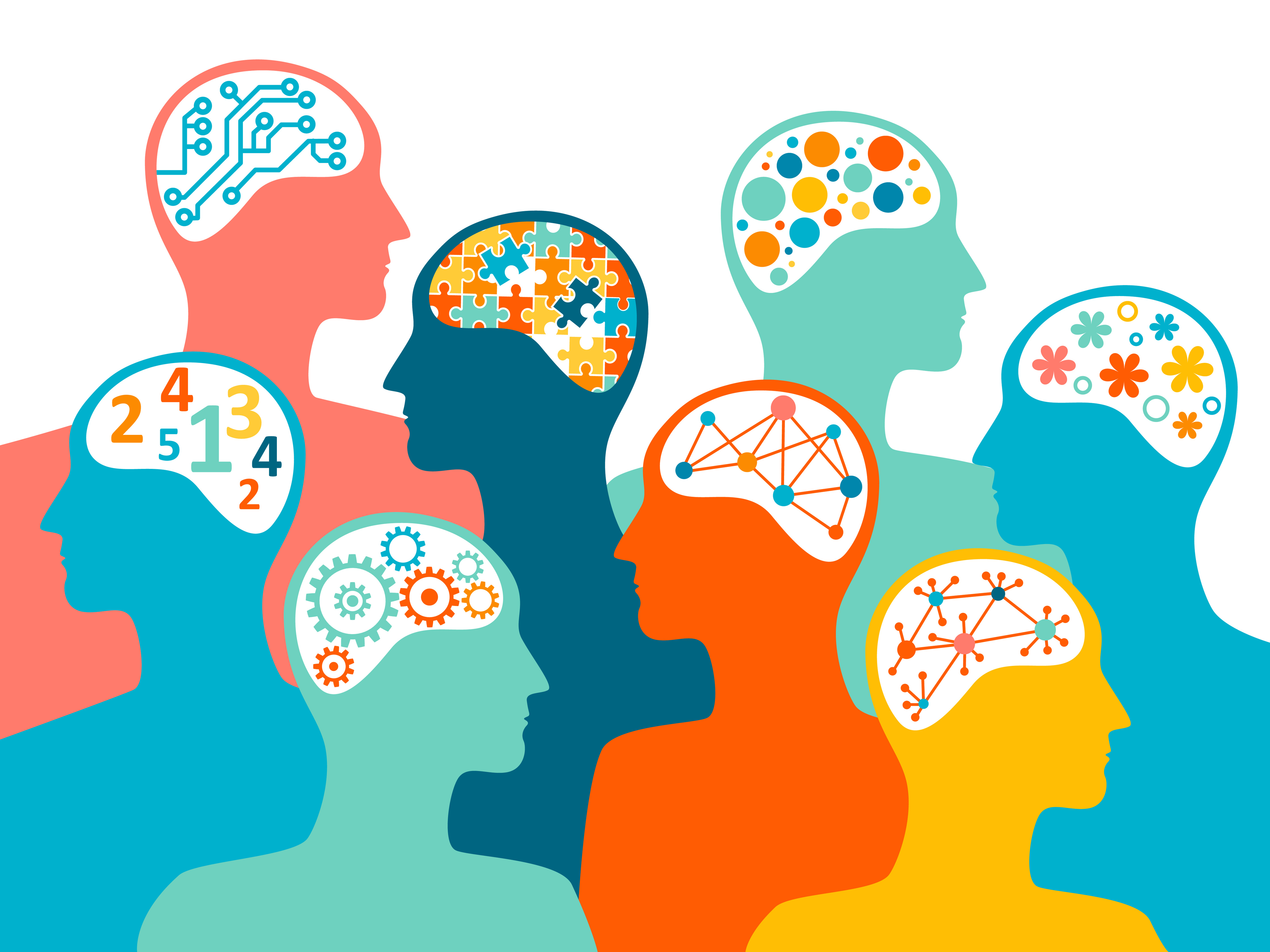By Layla Baboli
Attention Deficit Hyperactivity Disorder (ADHD) and Attention Deficit Disorder (ADD) are two common conditions that can have a significant impact on individuals’ lives. These disorders primarily affect children but can persist into adulthood. This article aims to explore the effects of ADHD and ADD and the challenges faced by individuals who have such conditions.
ADHD is characterised by symptoms such as inattention, hyperactivity, and impulsivity. People with ADHD often struggle to stay focused, leading to difficulty in completing tasks and organising thoughts. This can affect academic performance, making it hard for students to concentrate on their studies or follow instructions in class. Additionally, individuals with ADHD may exhibit hyperactive behaviour, constantly fidgeting or feeling restless, and finding it challenging to engage in activities requiring sustained attention. Such difficulties may lead to social and emotional consequences.
ADD, on the other hand, shares similar symptoms to ADHD but lacks the hyperactive part. Those with ADD might experience challenges with attention and concentration but display fewer disruptive behaviours. They may feel easily overwhelmed, have difficulty staying organised, and struggle to follow conversations or instructions. This can affect their performance at school or work, as well as make it difficult for them to develop essential life skills.
Both ADHD and ADD can have various effects on individuals in different areas of their lives, stretching beyond their education and work. For example, managing daily routines or maintaining focus on personal responsibilities can be a significant challenge. Individuals may experience difficulties with time management, completing tasks, or keeping track of appointments and deadlines. This can lead to frustration, stress, and a feeling of being overwhelmed, impacting their ability to lead an organised and balanced life.
Furthermore, ADHD and ADD can affect mental health and emotional well-being, particularly when individuals feel misunderstood or face accusation. Feelings of frustration and low self-esteem are not uncommon, especially when difficulties in academics arise. The symptoms of ADHD and ADD can coexist with other mental health concerns, such as anxiety or depression, overcomplicating the overall impact.
Despite the challenges associated with ADHD and ADD, it is important to remember that individuals with these disorders can have unique strengths. Some may display high levels of creativity, innovation, and out-of-the-box thinking. With proper support individuals with ADHD and ADD can use these strengths, build coping strategies, and succeed academically and professionally.
In conclusion, ADHD and ADD can greatly impact people’s lives, affecting their academic performance, daily routines and emotional well-being. Understanding the symptoms and challenges associated with these disorders is important in providing the necessary support. By encouraging a supportive and inclusive environment, individuals with ADHD and ADD can thrive and achieve their full potential.
